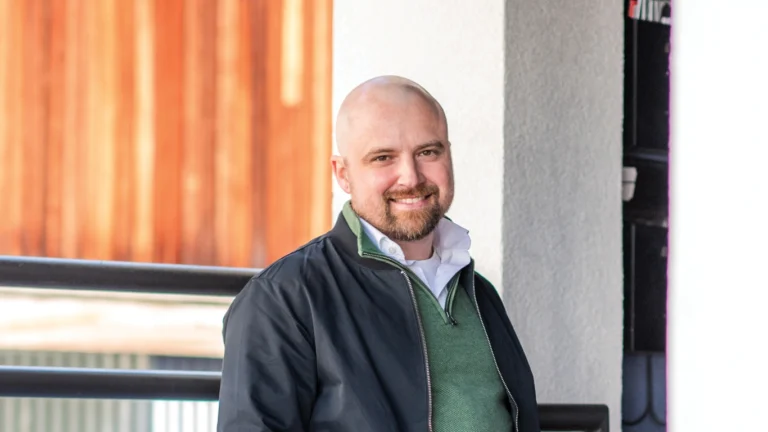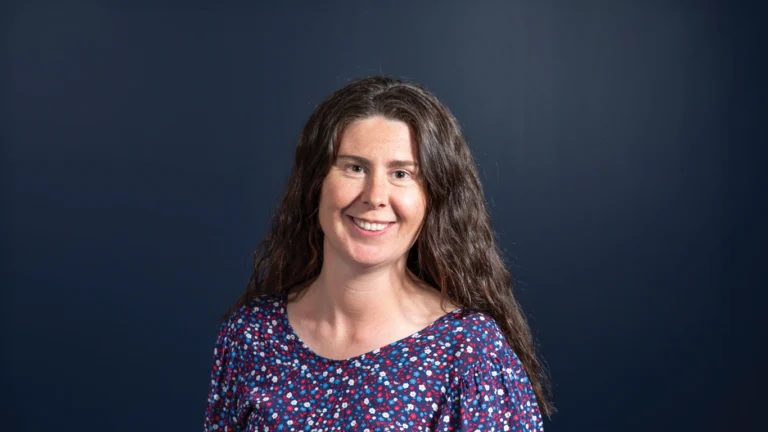InView Magazine: Issue 8 out now!

I’m going to a costume party on Saturday night. The theme, with which all in attendance will be expected to comply, is ‘When I grow up’ – the idea being our costumes should reflect one of the many jobs that our younger selves wanted to have when we grew up. Full disclosure, my list of options was extensive and included lion, archaeologist, doctor, actor, princess, vet and scientist.
This got me thinking: I wonder how many of those of us who work as in-house lawyers would go to that party dressed up as ourselves, exactly as we are? Aside from it being a fairly mundane choice of costume (T-shirt, blazer and sneakers, anyone?) I for one didn’t spend my childhood, or even my early years as a junior lawyer for that matter, daydreaming about the job I have now.
In fact, I think it would be a safe bet that the majority of in-house lawyers work in roles within organizations that didn’t even cross their minds as possibilities when they were starting out in their careers. And let’s be honest, our roles are probably not high on the wish list of the next generation of budding lawyers either, some of whom may be diligently learning about the rule of law as we speak. The reality is that most of us work for organizations that are, well (I’m looking around ready to duck the projectile) – normal.
Now we’ve got that out there, let me tell you a secret: for a long time, I was disappointed that this was where my career had brought me. I thought that because I wasn’t a partner in a big firm, or an amazing barrister, or working for a cool tech company, my career, into which I had poured my heart, soul, and whatever was left, was somehow… lesser than. A feeling of what I perceived as mediocrity (something which, for a type A overachiever, translates as failure) settled into my psyche like a dead weight.
“If you fundamentally disagree with your organization’s objectives or culture, no amount of positive thinking, meditation or sage burning will help.”
If that’s you too, I see you. And guess what, I’m not going to pat you on the hand sympathetically and leave you a card with the number for a support line. Instead, I want to tell you about a friend of mine, one who scored the ‘perfect’ job: a step up in both seniority and salary for a well-known organization at the top of many candidate wish lists. The dream job.
Except that it wasn’t. When my friend started in this new role, they found themselves working long hours, unsupported, and struggling to meet the demands of the manager from hell. Worse, they found that the corporate values of the organization were completely at odds with their own. In short, the dream job turned out to be a nightmare.
Depending on which way you look at it, my friend’s experience could be attributed to either bad luck or a failure of due diligence. Either way, it’s by no means an uncommon scenario. Time and time again I speak with both in-house and private practice lawyers whose roles, whether due to their organization, title, or salary, sound amazing – but which in reality are making them miserable.
Somehow, I don’t think the answer is simply that we should have all chosen different careers. What I’ve come to realize is that looking for validation based on how a role ‘looks’ (or pays, or is a step up, or whatever else) is a guaranteed recipe for disappointment. Plenty of research has demonstrated the link between happiness and purpose. One study published in the Journal of Happiness Studies (I wonder if they’re hiring in- house counsel?) consistently found that participants who felt a greater sense of purpose reported more positive emotions – specifically, contentment, enthusiasm, and joy – were less anxious, sluggish, and sad, and generally reported greater satisfaction and overall well-being.
I think this is where a lot of us hit our stumbling block. How do we find meaning and purpose in our ‘normal’ roles as in-house counsel? I was chatting with a colleague about this recently. He laughed and told me that, “your purpose is paying for your next holiday”. Certainly, for a lot of people, our purpose in work is as simple as that – to pay the bills and support our families and interests outside of work. But with a subtle shift in mindset, I don’t think it has to end there.
Of course, a baseline level of alignment between personal and corporate values is foundational to finding fulfillment in any role. If you fundamentally disagree with your organization’s objectives or culture, no amount of positive thinking, meditation or sage burning will help. Similarly, your role needs to provide sufficient financial security to allow you to relax and not worry about putting food on the table when you log off.
There are lots of words that could be used to describe the role of in-house counsel, but some of my favorites are ‘diverse’, ‘malleable’, and ‘privileged’. We have the privilege of supporting the organizations we work for through some of their biggest challenges, and we are trusted advisers whose varied roles allow us to see connections between what is happening across different business units. Our unique blend of skills (creative, analytical, and interpersonal) mean we have the potential to add real value to our organizations and the experiences of our colleagues.
Perhaps, when looking for purpose, we should be asking not what our organizations hold for us (or look like on our CV), but rather what value our inimitable contribution as in-house counsel adds. That sounds to me like a meaningful reason to turn up to work.


